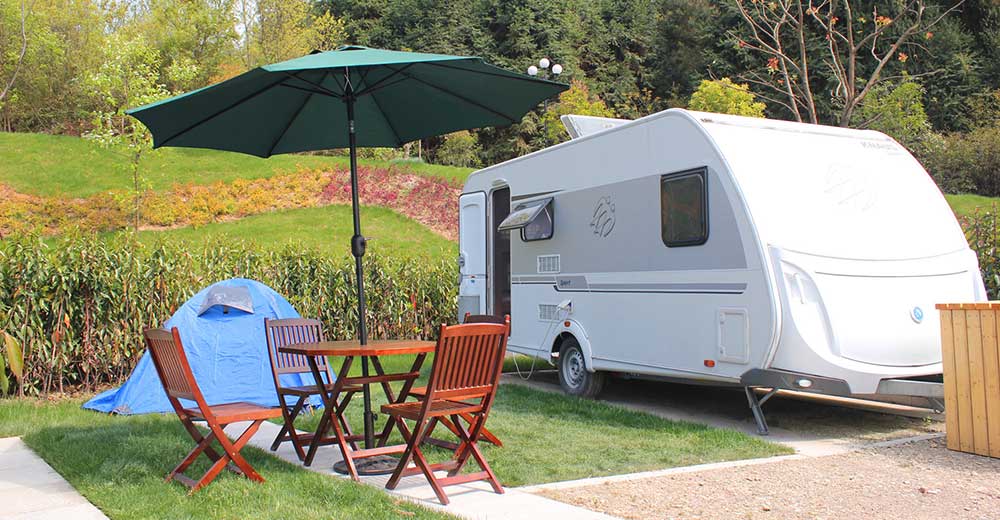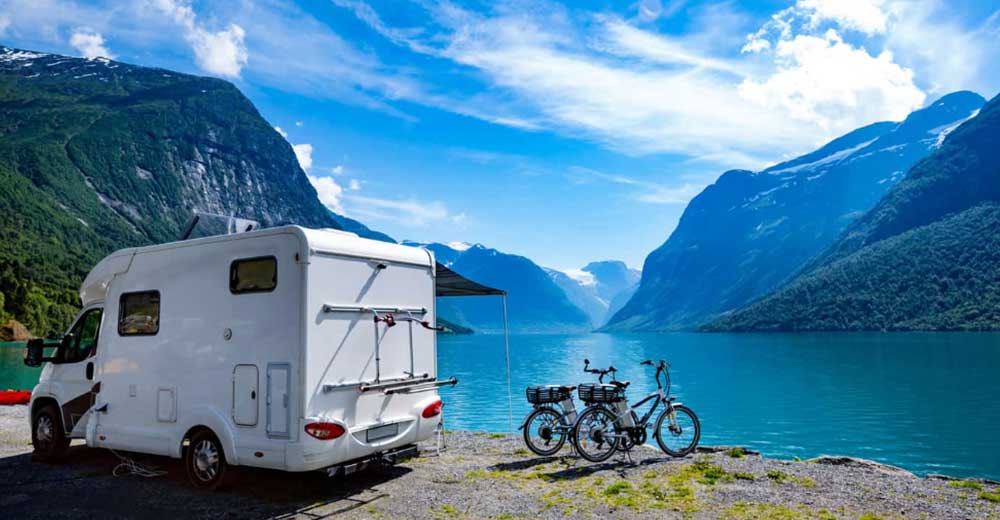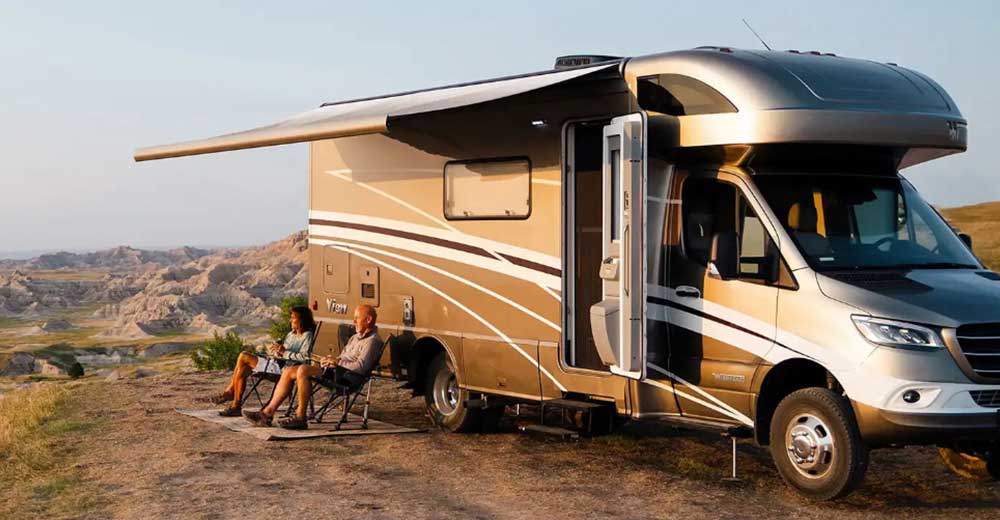Solar energy becomes DC (direct current) electricity that charges your RV’s house battery or batteries, essentially “storing” energy to be used to power devices and appliances in your RV or charge devices for your later use.
Are you setting up your RV with batteries for off-grid power? If so, congratulations! Off-grid power is a fantastic way to increase your freedom on the road and allow you to stay off the grid comfortably. One critical piece of your system will need to be the correct inverter.
First and foremost, you’ll need to determine which devices and appliances you want to power at the same time. This will help you decide which size inverter you’ll actually need. Begin by making a list of the electronics in your RV and adding up the watts they require. You’ll want to factor in both the running watts and the surge requirements, as some appliances (like microwaves and refrigerators) have high surges when they first startup.
Once you’ve added up the number of watts you’ll need to power (including the surges), add 20%. This will tell you the minimum size inverter you’ll need to power your devices. When looking at inverters consider that they frequently have surge capacities that they can endure for short times.
Most inverters will range between 1,000 watts and 5,000 watts, and you’ll probably need an inverter size somewhere in the middle. Many wonder what size inverter they need for their RV and estimate something far larger than necessary.
You can easily estimate the size inverter you’ll need by adding up the largest number of watts you’ll be using at a given time and adding 20%. For example, let’s say you need 1,500 watts to run your computer and microwave at the same time. Take 1,500 + 300 (which is 20% of 1,500) = 1,800 watts. This means you’ll need a pretty average size inverter of at least 2,000 watts. A 2000- or 3000-watt unit is the most common size used in RVs.

This entirely depends on your style of RVing. Do you plan to park at a campground or RV park with full hookups 99% of your time on the road? If so, you probably won’t need an inverter. This is because your RV will always be connected to shore power (i.e., AC power).
Do you plan on spending time off-grid? Do you want to boon dock in amazing, secluded places? If your answer is yes, you’ll definitely need an inverter. Even if you don’t have solar, you’ll still need an inverter to turn your DC power from your batteries into usable AC power.
Depending on the devices you need to charge, you may only need a small 1,100-watt inverter. However, we recommend having a way to invert DC power to AC power so you can at least charge your phone, laptop, and whatever else you’ll be using on the road.

Do you have an epic solar and battery setup and want to power your entire RV? Luckily, some inverters can do that. In this case, we recommend a hybrid inverter charger. They not only invert DC power to AC power from your solar panels, but they can also convert DC power to AC power to charge your batteries.
